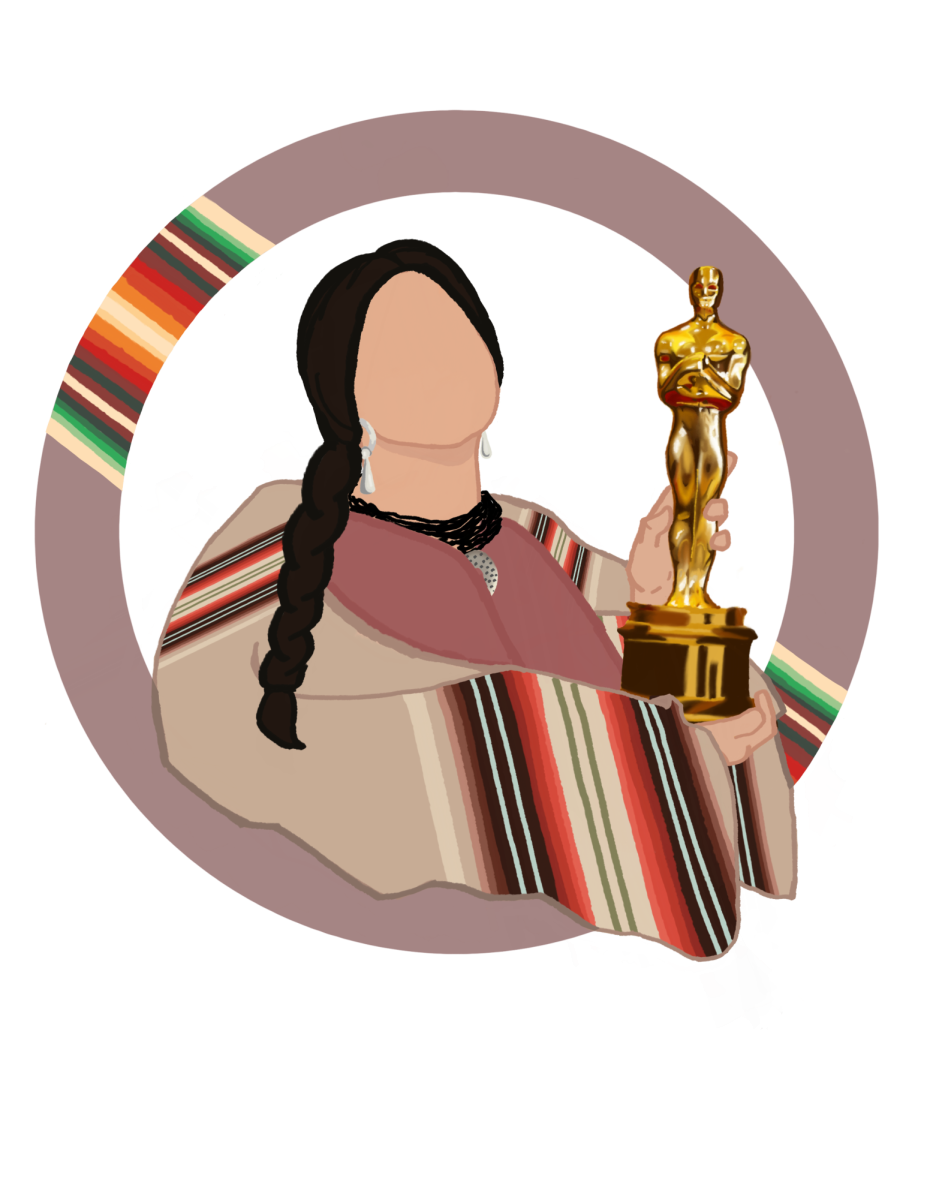Lily Gladstone became the first Native American to be nominated for an Academy Award in January 2024. She is nominated in the Best Actress in a Leading Role category for her work in Martin Scorsese’s Killers of the Flower Moon, which was nominated for a total of 10 Oscars. If she wins, she will be the first Indigenous woman ever to win an Academy Award. She previously won a Golden Globe for her performance, becoming the first Indigenous woman to do so. She was then snubbed by the 2024 BAFTA Awards committee, receiving no nomination for her excellent performance.
The Dolby Theatre, where the Oscars are held annually, sits on the ancestral lands of the Tongva, the Tataviam and the Chumash peoples. In the 2020 ceremony, Maori director and actor Taika Waititi was invited on stage to give a short land acknowledgment speech, a moment that has not been repeated at any Oscars ceremony since.
Gladstone has Piegan Blackfeet and Nez Perce heritage and was raised on the Blackfeet Reservation in Montana. She is the fourth indigenous woman to be nominated for Best Actress, joining Merle Oberon, Keisha Castle-Hughes and Yalitza Aparicio, who was nominated in 2018 for her debut performance in Alfonso Cuaron’s “Roma.”
Her nomination is especially significant given the Oscars’ and Hollywood’s history of discrimination against indigenous peoples. Like other people of color, Native Americans on screen have been stereotyped, villainized, portrayed by white actors and had their experiences mocked for decades. The influential Walt Disney Company has a long history of objectionable native portrayals, such as in “Peter Pan” and “Pocahontas.” And more recently, the hyper-successful “Barbie” movie made a quip about indigenous people and smallpox that was not only unfunny but also seriously out of line and unnecessary.
Hollywood’s racism problem has only recently begun to be addressed and very little has been done to heal the damage dealt by the industry to native peoples, not just from the U.S. but from all over the world. Native voices in the film industry have been silenced for decades and the nomination of a Native American actress is long overdue, hampered by the systemic oppression of natives in the U.S. and a lack of opportunities for native actors.
Her nomination and likely win is a step in the right direction for Hollywood, but there is still a long way to go. Actors of color continue to be disrespected and snubbed by the industry in favor of their white colleagues, given that it remains a primarily white-led field. The smarter thing to do would be to stop relying on award shows like the Academy Awards to accurately reward film excellence altogether. Still, as they remain a source of influence on the industry and the public, the pressure to combat discrimination within them must not be let up.














